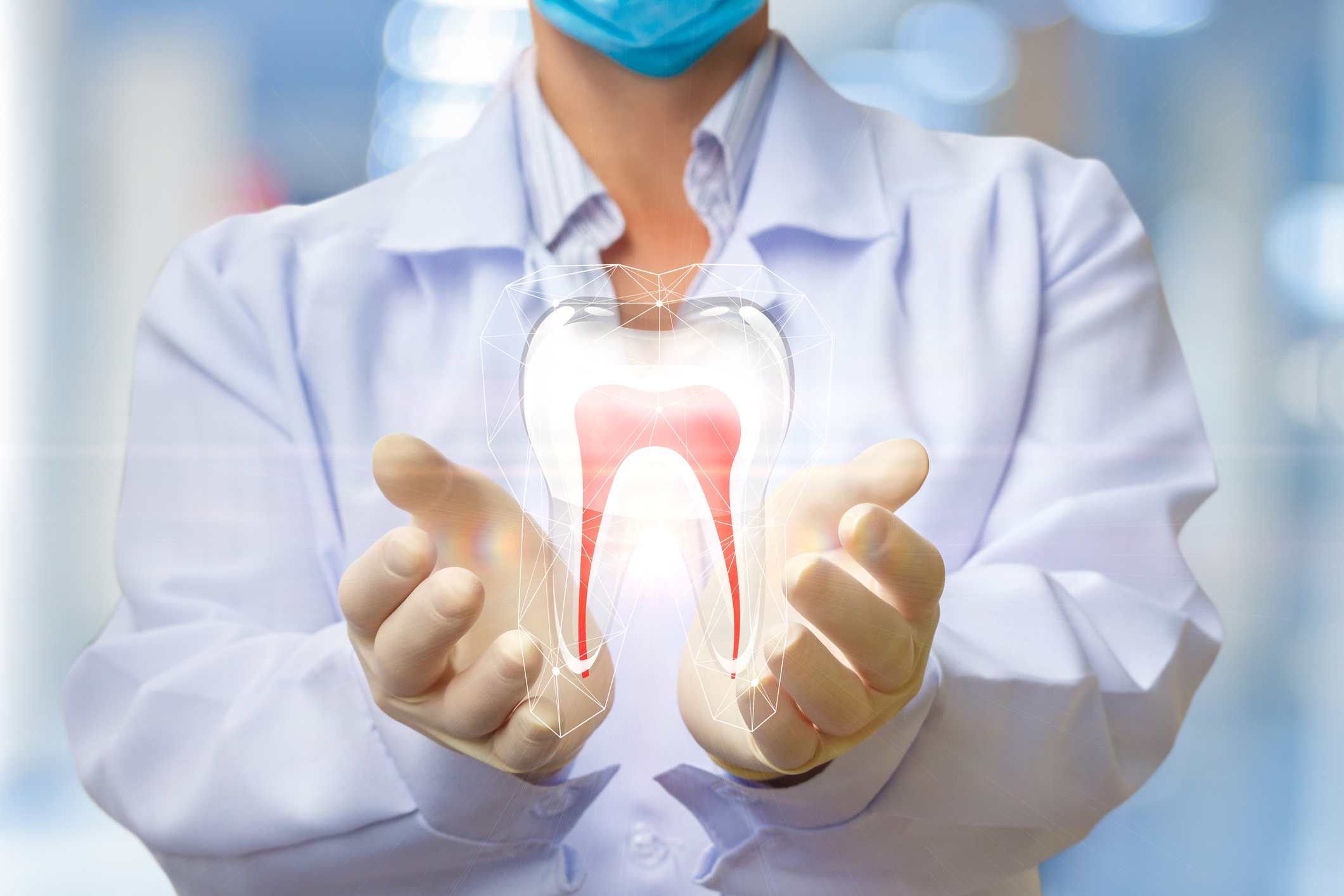
Your dentist told you that you need a tooth extracted, but what should you expect from the procedure? As one of the most common dental procedures, extractions can be easily performed and managed with the proper care. We’re here with everything you need to know about tooth extractions: the procedure, what to expect after, and tips for getting back to your normal routine.
What to Expect During Tooth Extractions
 Prior to the procedure, the dentist will typically provide you with a local anesthetic to numb the area, but stronger anesthetics may be used depending on the severity of the treatment needed.
Prior to the procedure, the dentist will typically provide you with a local anesthetic to numb the area, but stronger anesthetics may be used depending on the severity of the treatment needed.
If your tooth is impacted, the dentist will need to cut away some tissue before reaching the tooth. Most generally, the dentist will use forceps to gently rock the tooth back and forth to loosen it from your jaw and gumline. There are times, however, that a dentist may need to remove the tooth in smaller pieces.
When the tooth has been successfully extracted, your dentist will use gauze to stop any bleeding, although stitches are sometimes required. After ensuring that the bleeding in the area is minimal, your dentist will send you home, but you’ll likely still have gauze in your mouth.
After the Procedure
As tooth extractions are a simpler dental procedure, you may go home and continue most daily activities. Recovery time typically lasts a few days, with feelings of discomfort and mild pain during this time. Your dentist will provide you with important instructions and guidelines to help you recover and minimize the risk of complications.
Instructions for Recovery
- Your dentist will most likely prescribe painkillers to help ease any pain or discomfort during recovery. Antibiotics may also be provided before or after the procedure to reduce the risk of infection. It is important to take these medications as directed by your dentist.
- When you leave the office, your extraction site may still be bleeding. It is important to change gauze regularly and replace it in order to help the blood in the site clot properly.
- Your dentist may tell you to change certain lifestyle habits during recovery. For instance, you should not drink out of a straw, spit, or smoke, and you should only eat foods with a softer, cooler texture.
- Use ice packs to help reduce swelling and discomfort if necessary in addition to the prescribed medications. If your mouth starts to feel stiff and sore, try using a warm compress instead.
- Your dentist may schedule follow-up appointments to check on your progress. It is essential to make these appointments, as well as inform your dental team if you have severe pain lasting more than a few days, signs of infection, or bleeding for more than two days.
For more on tooth extractions, dental implants to replace extracted teeth, and how we can help you maintain a healthy and brilliant smile, contact our trusted and knowledgeable dental health professionals today to schedule your appointment!

